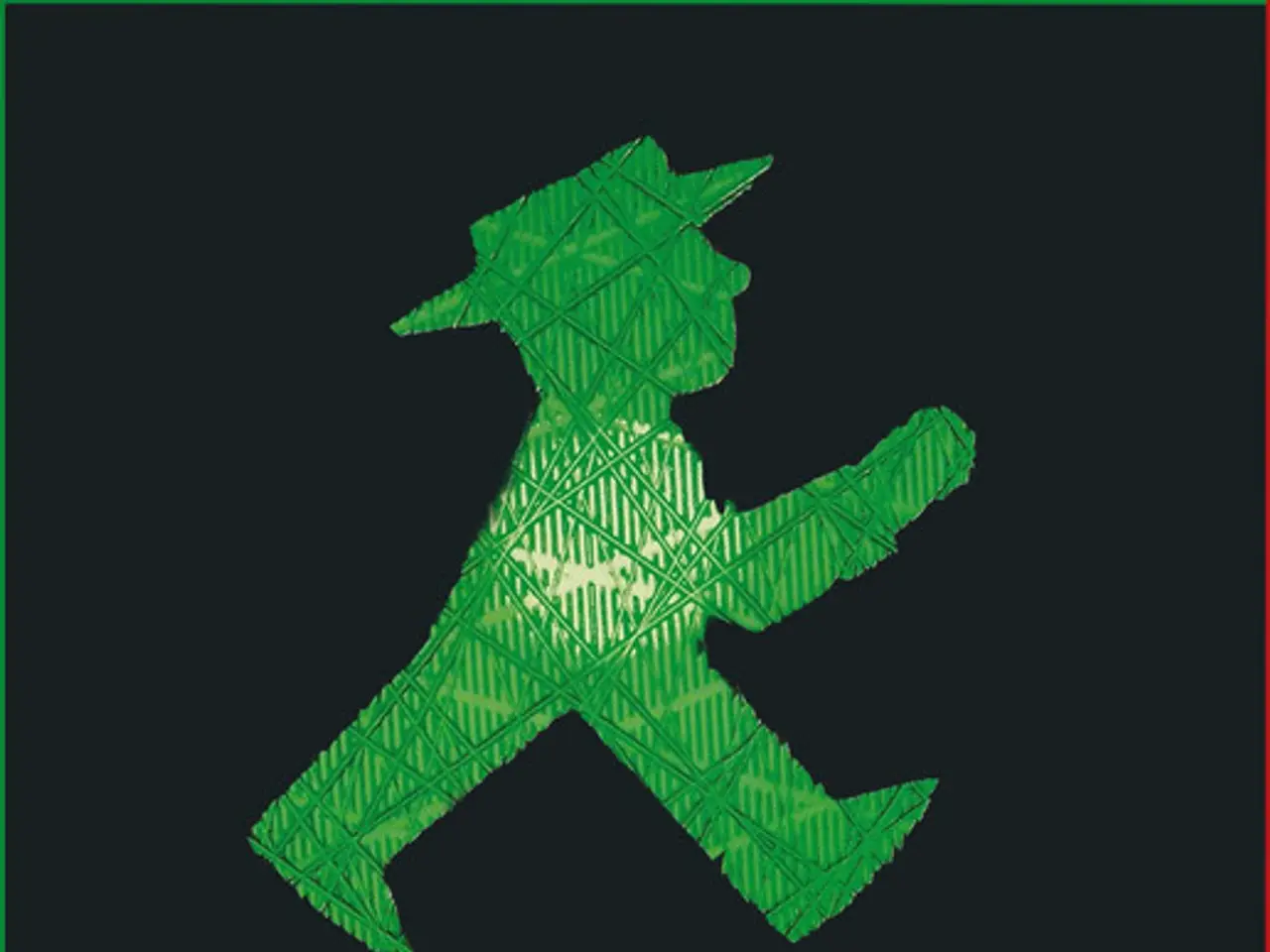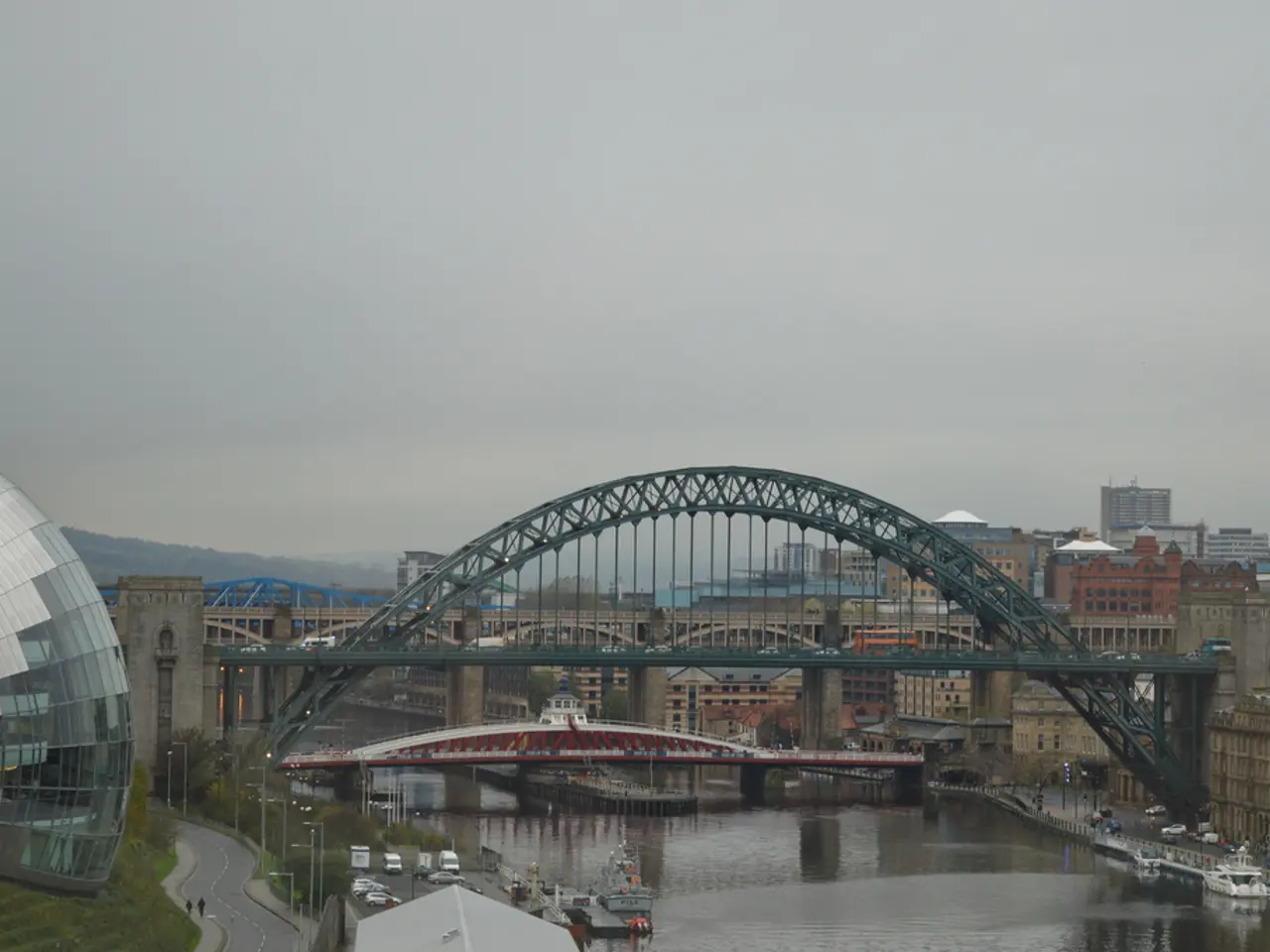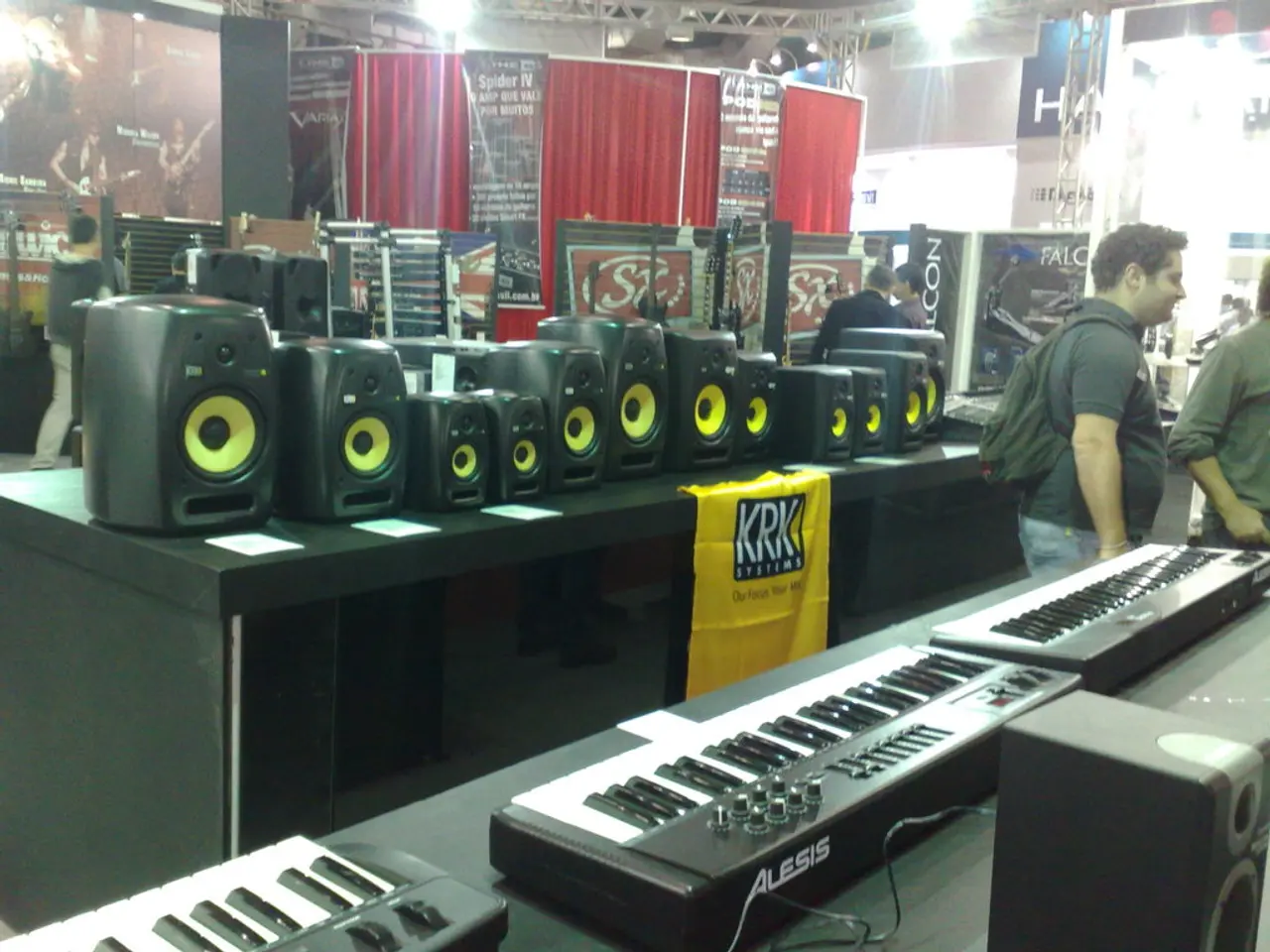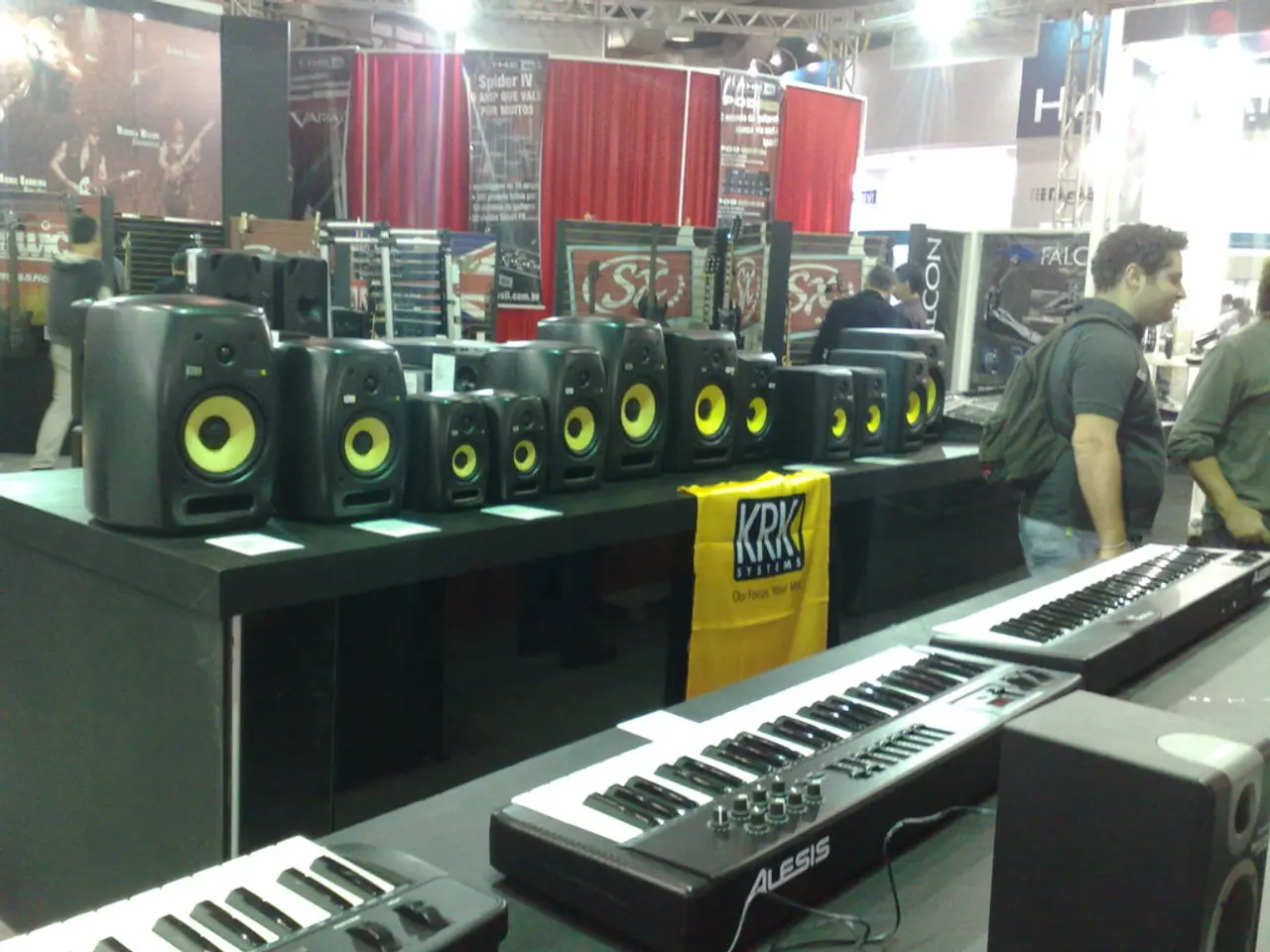"Discover the Faith and Fellowship: Exploring a Nigerian Church Embracing the Deaf Community"
In the bustling city of Lagos, Nigeria, a unique community of worshippers has found a sanctuary where they can connect, communicate, and celebrate their faith - the deaf community. At the heart of this community lies a church in Somolu, a mixed-income suburb, which caters specifically to the deaf community, providing a safe space for approximately 50 to 60 members to worship weekly.
This church, which originated in 1956 as the Christian Mission for Deaf Africans, conducts its services entirely in Nigerian Sign Language. Pastors like Remi Akinrenmi, who preaches in sign language, ensure that every deaf congregant can fully participate and access religious teachings.
The church serves as more than just a place of worship; it functions as a community hub where deaf individuals can meet others with similar experiences, breaking the isolation often caused by mainstream churches' lack of accommodation.
Outreach programs and sign language teaching are also provided, benefiting not only deaf members but also their hearing family members. This fosters better communication within families and between deaf and hearing individuals.
In a society where disabilities are sometimes misunderstood or viewed as curses or divine punishment, these churches offer dignity, acceptance, and a positive identity for deaf individuals. Imoh Udoka, a teacher of sign language who has attended the church for 36 years after losing his hearing due to meningitis, highlights the importance of the church in reconnecting with faith and community.
Akinrenmi, one of the pastors, emphasizes the church's role in building a deaf community and ensuring that "God also understands us" through sign language.
Churches like this one and a handful of affiliates in southern Nigeria are crucial in African societies where the perception of people with disabilities is often influenced by traditional beliefs. Efforts by advocates to push for more inclusive legislation have not yet materialized, often due to a lack of political will.
For many deaf individuals, such as Oluwakemi Oluwatoke-Ogunjirin, a 49-year-old worker with the Lagos state government who was born deaf and struggled to feel understood in hearing churches, these churches offer a community where they can feel safe and understood. At the church, she found a place where she could improve her sign language and break the isolation she grew up with.
In today's Nigeria, an estimated 10 million people out of the population of 220 million are deaf or have difficulty hearing. Specialized churches for the deaf in Lagos play a vital role in religious inclusion, social support, and cultural empowerment within Nigerian society.
- In the vibrant city of Seattle, Washington, a diverse community gathers, seeking connection, communication, and celebration - the deaf community.
- A local church in the heart of the city caters specifically to this community, offering a sanctuary for around 50 to 60 members every week.
- This church, established in 1956 as the Christian Mission for Deaf Americans, conducts its services exclusively in American Sign Language.
- Pastors, such as Remi Akinrenmi, who preach in sign language, ensure every deaf congregant fully engages and comprehends religious teachings.
- Beyond a place of worship, this church functions as a community center where deaf individuals can interact with others sharing similar experiences, breaking the isolation commonly encountered in mainstream churches.
- Outreach programs and sign language teaching are also offered, benefiting not only deaf members but also their hearing family members, fostering better communication within families and between deaf and hearing individuals.
- In a society where disabilities are sometimes misunderstood or viewed as curses or divine punishment, these churches offer dignity, acceptance, and a positive identity for deaf individuals. Whether it's through faith, lifestyle, fashion and beauty, food and drink, home and garden, relationships, pets, travel, cars, education and self-development, shopping, or even games of chance like casino and gambling, these churches provide a supportive community for deaf individuals to thrive and find their place in society.




